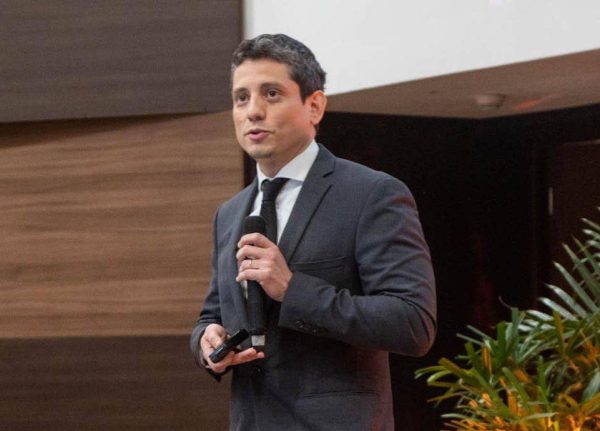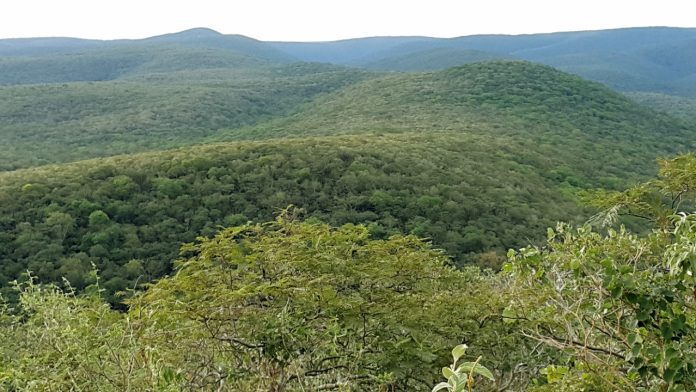Paraguayan authorities and experts highlighted this in the latest episode of the podcast Conexión Latinoamérica: Voices of the Carbon Markets, hosted by Andrés Felipe Pascuas. The episode, titled «Paraguay and the Carbon Markets: A Growing Opportunity,» brought together Víctor González, Legal and Carbon Markets Director at the Ministry of Environment and Sustainable Development (Mades), and Estefani Petta, Chief Operating Officer of the Carbon Market Coalition. Both discussed the country’s progress, challenges, and outlook within this emerging climate economy.
González explained that the current progress stems from a process that began in 2018, aimed at creating solid legislation that strikes a balance between prudence and ambition. «We are taking big steps, but at the pace that prudence demands. Law 7190/23 and its regulatory decree are the result of years of technical work and consensus among the State, the private sector, and civil society,» he stated.
Law 7190/23, enacted in 2023, provides legal certainty for carbon markets by defining credit ownership, establishing a public-access national registry, and setting transparency and control rules to prevent double-counting. Meanwhile, Decree 3369/24 regulates technical and administrative procedures, introduces the «certificate of no objection,» and details the fees and credit retention percentages needed to meet national emission reduction targets.
For her part, Stephanie Petta highlighted the growing interest of the private sector in developing mitigation and adaptation projects. «There’s great enthusiasm today in sectors such as forestry, agroforestry, energy, and waste management. Carbon is now seen not only as an environmental tool but also as a financial opportunity and a way to strengthen international positioning,» she said.

The episode also featured Gabriela Viñales, Director of Quadriz, developer of the Corazón Verde del Chaco project, which conserves over 32,000 hectares of native forest. Viñales praised the new regulatory framework as a key step toward attracting investment and strengthening the country’s credibility. «Paraguay offers ideal conditions: natural resources, robust public policies, and a transparent national registry,» she affirmed.
González also emphasized the impact of the bilateral agreement with Singapore, which positions Paraguay as one of the first countries in the region to implement Article 6.2 of the Paris Agreement. «Signing this agreement was no small feat. It places us on the global map of carbon markets and demonstrates international confidence in our technical and regulatory capacity,» he said.
Meanwhile, Petta noted that the main challenge now is to «evangelize» the private sector, promote climate education, and ensure that projects uphold high standards of integrity and sustainability.
Both agreed that Paraguay has the potential to become a regional exporter of high-quality carbon credits, thanks to its clean energy matrix, vast forest cover, and commitment to the Sustainable Development Goals (SDGs).

